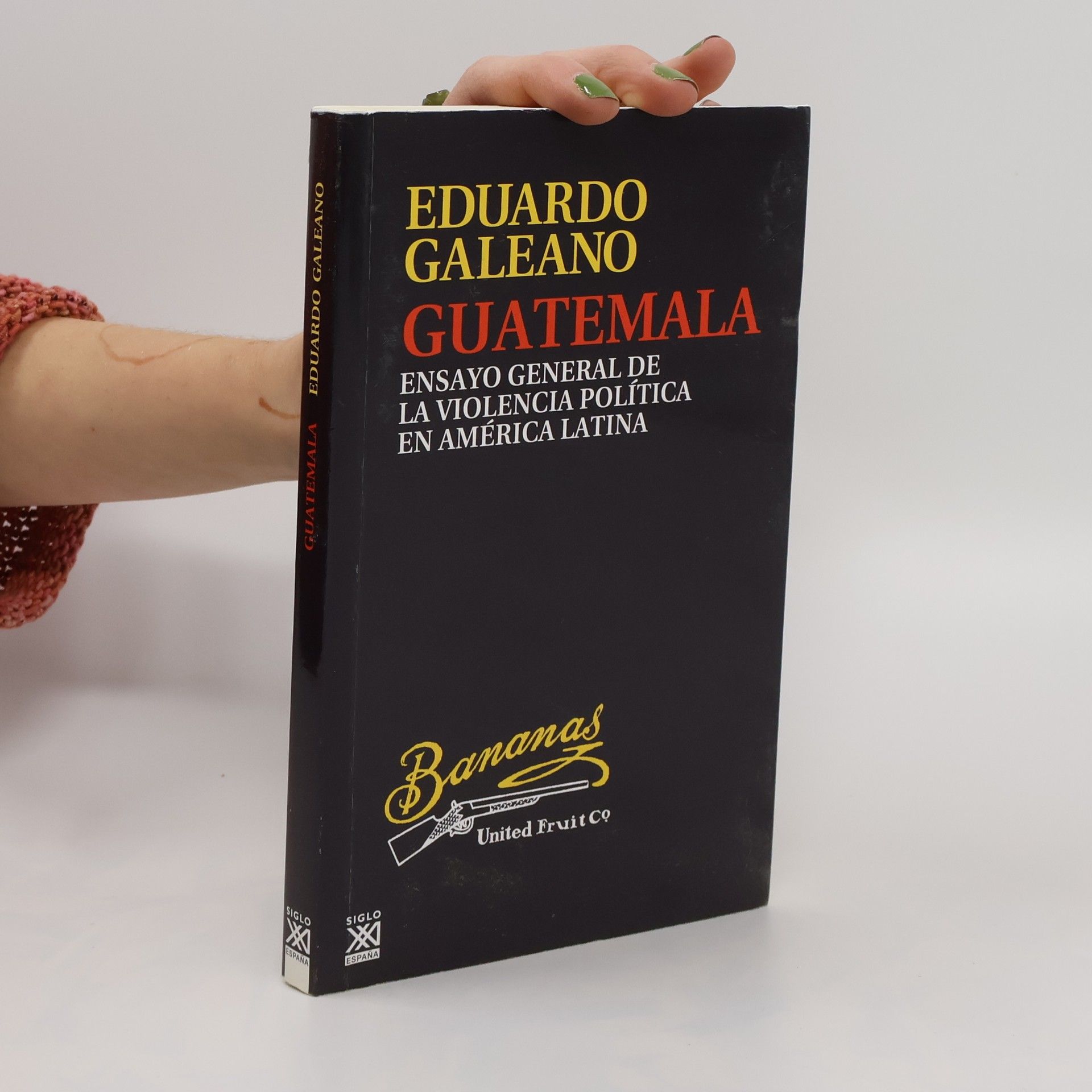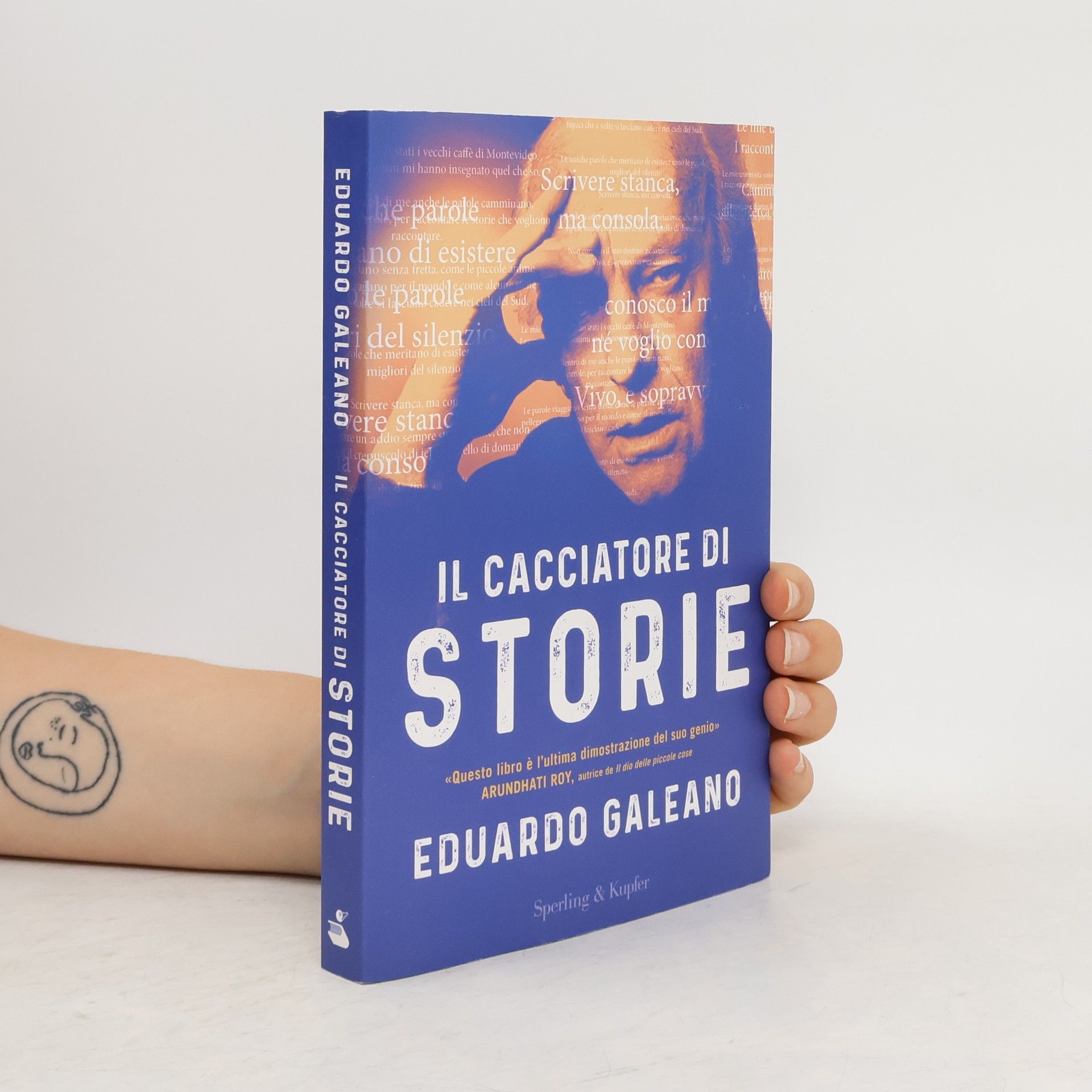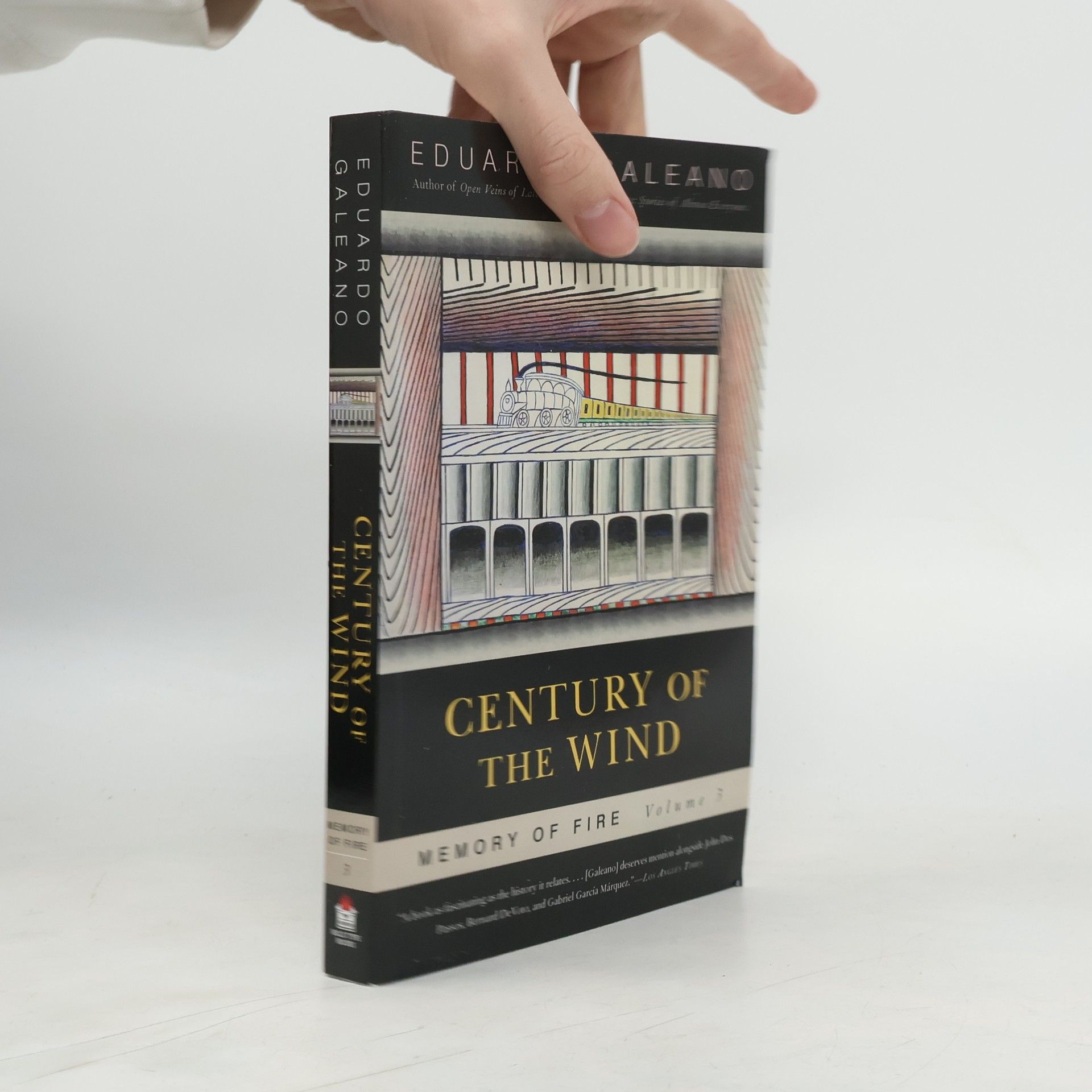Nowy przekład jednej z najsłynniejszych książek XX wieku, uznawanej za „biblię latynoamerykańskiej lewicy”, uczynił Eduarda Galeana klasykiem już za życia. Powstała w latach siedemdziesiątych opowieść o historii kontynentu, od czasów Kolumba po współczesność, była jednym z pierwszych dzieł ekonomii politycznej napisanym z perspektywy wykluczonych. Galeano pragnął, by jego książka była czytana jak „opowieść o piratach” czy „historia miłosna”, łącząc elementy fikcji, reportażu i eseju. Jego prace stały się synonimem przekraczania klasycznych gatunków literackich, inspirując wiele pokoleń pisarzy. Dziennikarz z Urugwaju ukazał zależność rodzimych peryferii od amerykańskiego centrum gospodarki kapitalistycznej. Galeano, pisząc, starał się zrozumieć trudności regionu, łącząc historię wzlotu Europy i USA z upokorzeniem Ameryki Łacińskiej. Nowe wydanie książki zawiera posłowie Artura Domosławskiego, który zauważa, że „żyły Ameryki Łacińskiej pozostają otwarte”, a zmiany w regionie są wynikiem uświadomienia sobie tej sytuacji przez mieszkańców i liderów. Galeano, poprzez swoją wrażliwość i prawdomówność, staje się głosem przeciwko zakłamaniu i zapomnieniu.
Eduardo Galeano Book order (chronological)
Eduardo Galeano was a Uruguayan journalist and writer whose works artfully blend fiction, journalism, political analysis, and history. He was driven by an obsession with remembering the past of America, particularly Latin America, which he described as a land condemned to amnesia. His writing style is both poetic and political, often exploring themes of injustice and human resilience. Galeano's narratives compel readers to reflect on history and uncover truth within forgotten stories.


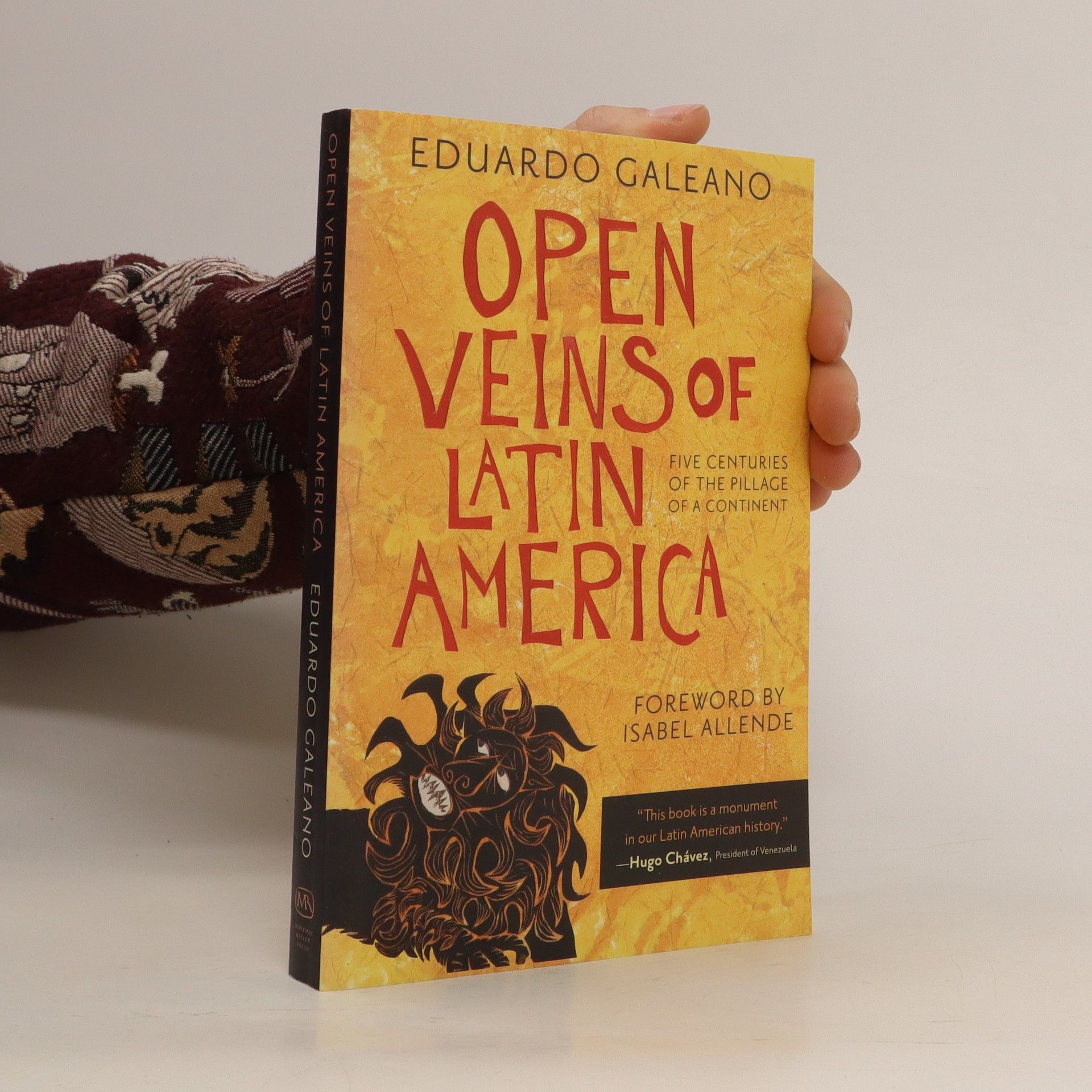


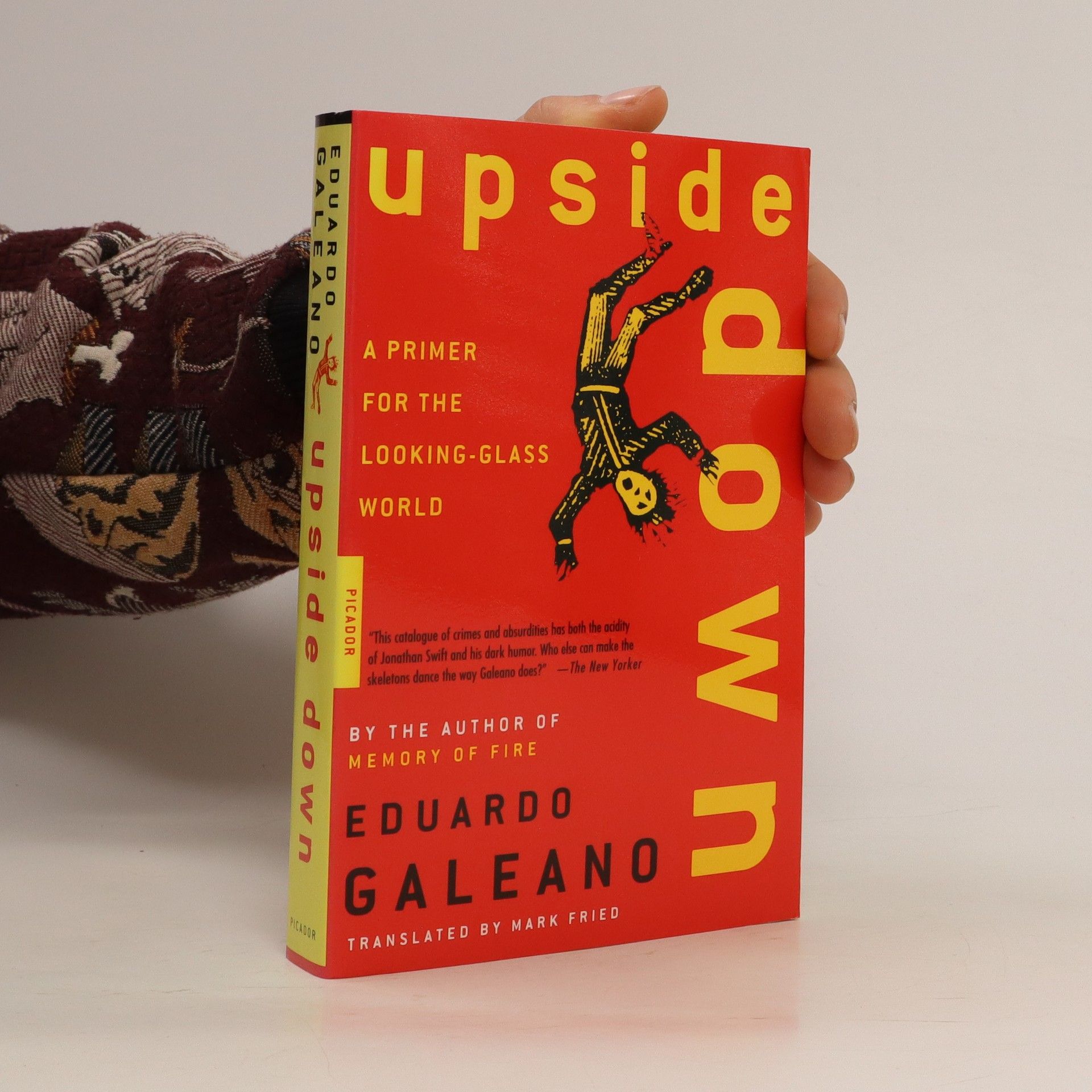

En 1967, un joven Eduardo Galeano viajó a Guatemala para entrevistar a los líderes de los grupos guerrilleros FAR y MR 13, que desafiaban al poder político-militar desde 1954, tras el derrocamiento del presidente Jacobo Árbenz Guzmán, que evidenció el intervencionismo estadounidense en América Latina. Este libro, publicado hace más de cincuenta años, narra esa experiencia y presenta una crónica periodística cautivadora que anticipa el estilo que consagraría a Galeano, además de un análisis político internacional riguroso. Juntos, subrayan la idea central del autor: Guatemala fue, durante la Guerra Fría, un laboratorio de barbarie y violencia que se expandiría por el continente en la década de 1970. La edición actual, enriquecida con textos de especialistas que contextualizan la época y la obra de Galeano, permite al lector acompañar al autor en la vida y riesgos de los guerrilleros, regresando a un tiempo en que la revolución se contemplaba como una posible solución. El lector contemporáneo puede encontrar ecos de las turbulencias y la inestabilidad política de aquel entonces, que hoy resurgen en la región.
Il cacciatore di storie
- 252 pages
- 9 hours of reading
Il cacciatore di storie, l'ultimo libro terminato da Eduardo Galeano, si può considerare un vero e proprio testamento artistico, umano e spirituale dello scrittore. Accanto ai temi a lui cari - le origini mitiche delle nostre culture, i soprusi subiti dai nativi americani, le discriminazioni e il razzismo, la libertà, il viaggio, la memoria, le imprese di eroi silenziosi - si trovano infatti qui, per la prima volta dopo i cenni contenuti in Giorni e notti d'amore e di guerra, pagine autobiografiche. Testi che raccontano con humor e tenerezza, nella sua inconfondibile prosa poetica, dell'infanzia, di incontri, di città, di insegnamenti ricevuti, del destino dei suoi libri. E rivelano alcune delle ragioni profonde che l'hanno portato a essere un formidabile «cacciatore di storie», istruito, nei vecchi caffè di Montevideo, da «ammirevoli bugiardi che si riunivano per incontrare il tempo perduto».
From Eduardo Galeano, one of Latin America's greatest living writers, comes 'Children of the Days', a new kind of history that shows us how to remember and how to live.
Memory of Fire - 3: Century of the Wind
- 336 pages
- 12 hours of reading
Dizzying, enraging, and beautifully written, the third volume of Eduardo Galeano's Memory of Fire trilogy, Century of the Wind serves up the turbulent 20th century's worth of U.S.-Latin American relations, from the bucolic New Jersey laboratory of Thomas Alva Edison to the armies of Emiliano Zapata and Fidel Castro to the Reagan-era CIA "neutralizations" in the forests of Central America.
Эта книга - главная в творчестве уругвайского писателя Э. Галеано - лучшее произведение по экономической истории континента и одновременного классика политической литературы
Sebastião Salgado. An Uncertain Grace
- 158 pages
- 6 hours of reading
From a Brazilian mine where 50,000 mud-covered men haul heavy bags of dirt up and down slippery ladders in search of a stray nugget of gold, to a former lake in western Africa now swallowed by the encroaching desert, where emaciated, starving people walk over its surface of sand, photographer Sebastião Salgado explores the live of the planet's often ignored people with a critical eye and an empathetic heart.
"Quise contar historias, las historias de la historia americana, al oído de quien tuviera ganas de escucharlas, a cualquier edad y en cualquier lugar..." Un libro de cuentos sobre el mito de la creación destinado a oídos jóvenes y curiosos que quieran saber cómo nacieron las nubes, el tiempo, los colores, la lluvia, o ¿por qué el cuervo tiene la voz ronca y el oso camina torpemente?...
Operazione pace
- 116 pages
- 5 hours of reading
